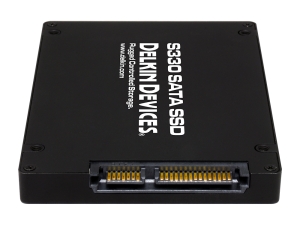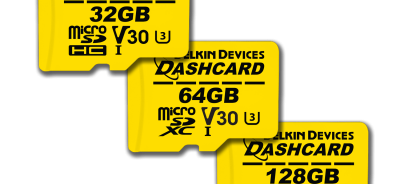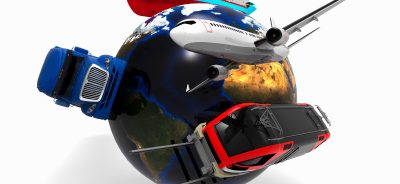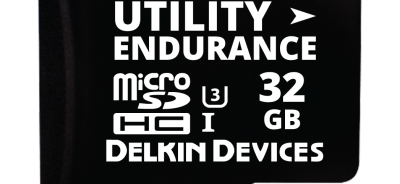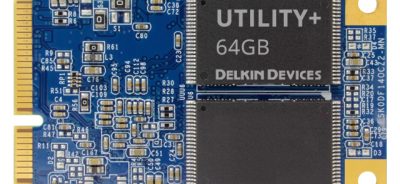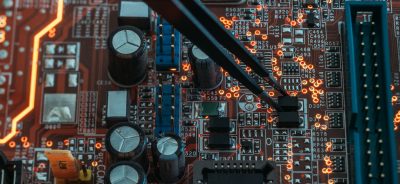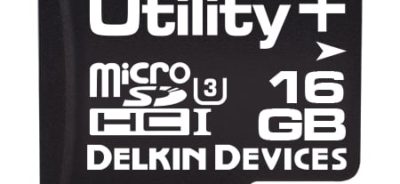What Is Flash Based SSD?
A Flash based SSD is a solid state drive that uses NAND flash memory. NAND flash is a nonvolatile form of storage that is critical for allowing SSDs to match the capacity and performance of hard disk drives, or HDDs. With NAND flash memory in play, SSDs have trumped HDDs as the preferred drive style for many users, since it doesn’t have the potential for breakdowns that are commonly caused by the moving parts in HDDs. Here is a closer look at what you need to know about flash based SSDs.
How does flash memory work?
NAND flash memory writes and reads data from cells within a memory chip—usually embedded, but sometimes external. Each flash memory device has a specific number of cycles it can perform, and when it reaches its capacity, the memory must be replaced, but the drive can continue to be used with the new memory card. This is often more affordable and appealing than replacing the entire drive, as you have to do with HDD failure. NAND flash memory does not need power to retain data, which further strengthens its appeal.
Are there different grades of flash memory?
Flash based SSDs can have different grades of flash memory depending on the design of the application in which it is being used and how it will be used. The two most common grades are SLC and MLC.
SLC stands for single-level cell. With this kind of flash memory, every bit of data is written to one cell. For industrial users, SLC is often the preferred grade of flash for this reason. Read and write speeds are faster when each bit of data is written to its own cell, and there are fewer chances for data failure.
MLC stands for multi-level cell. MLC flash writes two bits of data to each cell. This increases the amount of time reading and writing takes, and MLC flash has a shorter lifespan. However, it is the right fit of functionality and price for many consumer devices.
Can flash memory stand up to rugged conditions?
Flash based SSDs are inherently better than HDDs for rugged conditions because there are no spinning parts. SSDs with industrial-grade flash memory are even better suited for extreme operating conditions. They are designed to function in temperature extremes and in environments with a wide range of temperature fluctuation. They can also tolerate conditions with high levels of vibration and shock.
Do you have questions about flash based SSDs and how they could work in your devices? Contact Delkin’s product team to learn more about our different flash memory options and for more advice about choosing the best fit for your needs.
 Login
Login Register
Register


